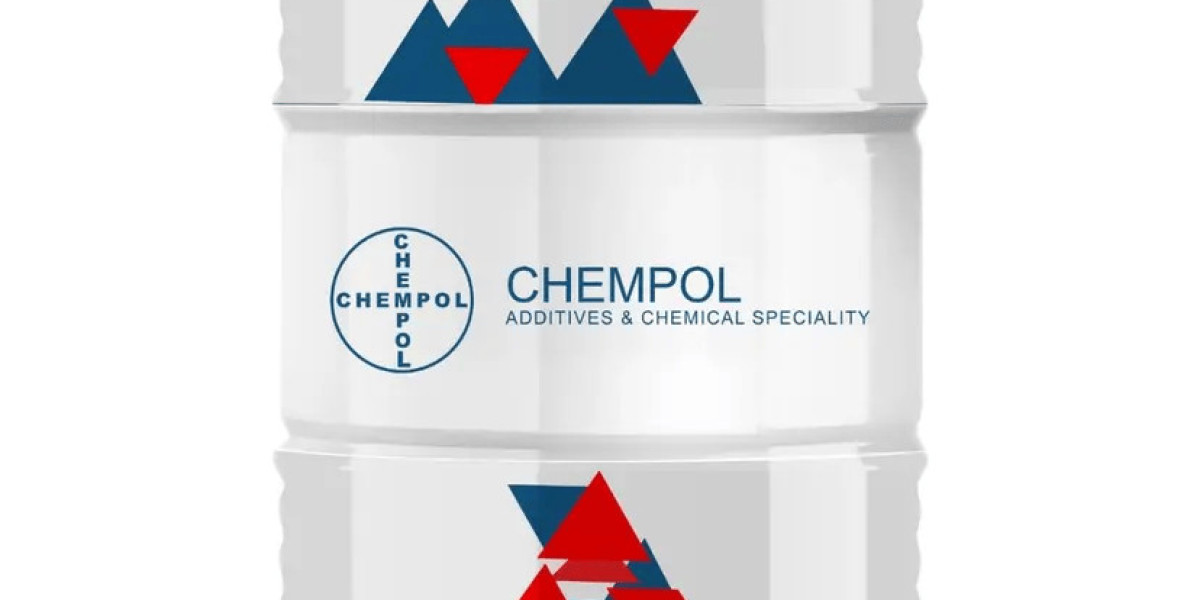Engines of today are more efficient and sophisticated than ever. Modern gasoline engines operate at higher intensities, thereby generating more pressure and heat. These situations require better oil to keep them clean and efficient. Passenger Car Motor Oils (PCMOs) are currently evolving to meet these demands. The new PCMO formulations have high-performance lubricant additives, fuel and oil performance enhancers, and synthetic engine protection additives to help engines last longer and run smoother.
The technology behind engine oil is quite simple. Every component that moves inside an engine must be shielded from heat, friction, and dirt. If there is no strong oil, metal parts rub against each other, the engine loses efficiency, and it wears out. The suitable PCMO formulation is the one that actually prevents such damage and keeps engines at their peak performance level.
The Changing Needs of Modern Gasoline Engines
Today , engines are smaller but still more powerful. The engines save fuel and reduce emissions, but they also generate more stress inside the engine. Turbochargers and direct injection systems increase the pressure and temperature. Conventional oils deteriorate more quickly in such extreme conditions.
New PCMO formulations are created to endure such high temperatures and pressures. They retain the oil at a sufficient thickness to protect the metal parts while, at the same time, keeping it thin enough to flow freely through the engine. This equilibrium enables the oil to quickly reach every part of the engine, thereby preventing friction.
When an engine is running with clean, stable oil, it delivers better performance and has a longer lifespan. That is why new PCMO formulations are still more important.
What Makes PCMO Formulations Special
Passenger Car Motor Oils are not just simple oils. Basically, they are combinations of base oils and different additives. The base oil is like the body, while the additives are like the oil's real power. Additives help the engine breathe, sanitise it, and prevent rusting and wear.
Initially, a new PCMO has only three primary objectives. The first is to protect the engine from wear, the second is to keep it clean, and the third is to help save fuel. Scientists do this by mixing the right proportions of base oils and additives that correspond to the characteristics of modern gasoline engines.
The Role of High-Performance Lubricant Additives
High-performance lubricant additives are the main reason PCMO formulations work so well. These additives create a layer one molecule thick between the moving parts. This layer reduces friction and protects the metal from wear.
The engine is a machine with many parts in motion, and when they rub together, they produce heat. If the oil cannot protect them, the parts wear and the engine loses power. Additives such as anti-wear agents, detergents, dispersants, and antioxidants are used to prevent this from occurring.
Anti-wear agents prevent the grinding of engine parts on each other. Detergents remove deposits which can recalcitrantly block oil flow. Dispersants keep dirt particles in the oil, making oil removal possible during an oil change. Antioxidants are substances that prevent oil from being destroyed when heated. All these additives make the oil strong enough to work with modern engines.
Fuel and Oil Performance Enhancers
Fuel and oil performance enhancers help engines use every drop of fuel more efficiently. In addition, these enhancers make the oil more resistant to high temperatures. When the oil remains stable, it can continue to protect the engine even under very extreme conditions.
Fuel performance enhancers improve combustion efficiency. They ensure that gasoline burns evenly and completely. The outcome of this process is that the engine becomes more powerful and forms fewer carbon deposits. Also, better combustion results in smoother engine operation and increased mileage.
Oil performance enhancers prevent the oil from being too thick or too thin. They are the ones that help the oil to maintain its flow even at very low or very high temperatures. This allows the oil to reach the engine parts it contacts when you start the car and still perform its function as the engine heats up.
Engines can thus perform at their optimum level with less fuel waste when both fuel and oil enhancers are used together.
Synthetic Engine Protection Additives
Synthetic engine-protection additives represent another major step toward improving PCMO formulations. These additives are produced through advanced chemical processes that yield stronger, purer compounds. They protect engines under higher stress than natural or mineral-based additives.
Synthetics can endure hard heat and pressure without disintegrating. They cover metal parts with a very strong layer that keeps the parts from contacting each other directly. This layer makes the friction very low and the wear very slow, even in engines operating at high speed and high rpm with turbochargers.
Moreover, engines become cleaner for a longer period of time when they are run on oils containing synthetic additives. Such oil is very resistant to oxidation and to the formation of sludge. As a result, there is a longer oil change interval and lower maintenance costs. Thus, many motorists also enjoy better vehicle reliability and smoother rides.
How PCMO Formulations Improve Engine Efficiency
Present-day PCMO formulations are created with a focus on achieving the highest level of efficiency. In doing so, they not only protect the engine but also enhance combustion and prolong fuel life.
The additives in PCMO are friction reducers, which reduce wasted energy as heat. A drop in friction also implies that the engine moves more smoothly and accelerates faster. Dirt and carbon are removed from the engine by the oil, which is part of the cleaning process. This helps maintain the engine's ability to intake air and burn fuel as required.
Wear-resistant components in the oil extend the service life of metal parts. Antioxidants also help maintain the oil's protective effect by preventing it from becoming stale. If the oil is kept in its fresh state, it will take care of the engine, providing the necessary cooling and cleaning.
Energy efficiency is a key factor in the PCMO formulation across all its components. As oil flows more easily, the engine runs smoother and fuel economy improves. Those behind the wheel find both the performance and the cost changes.
Cleaner Oils for a Cleaner Environment
Emission standards are getting tougher worldwide. Every vehicle must release fewer pollutants while still giving strong performance. PCMOs now play a major part in helping meet these goals.
Modern formulations use sustainable fuels and oil additives to reduce emissions. By using them, the fuel that is not burned in the combustion chamber but is emitted in the form of smoke is reduced. Cleaner burning engines release fewer pollutants and less carbon buildup.
Also, additive manufacturers are increasingly choosing environmentally friendly components for their products. They use biodegradable compounds that are safe for the environment when they are disposed of. This attention to clean chemistry is making PCMO oils safer not only for engines but also for the planet.
Innovation in PCMO Research
The science behind PCMO formulations is advancing fast. Researchers are testing new materials and smaller molecules that improve performance in ways older oils cannot.
One area of focus is nanotechnology. Tiny particles are being added to oil to reduce friction and fill surface gaps in metal parts. These nanoparticles move easily, creating a smoother surface that saves energy.
Another area of research is bio-based additives. These are made from renewable resources, such as plant or marine oils. They provide natural protection and reduce dependence on petroleum products.
Every new step in PCMO research aims to make oil more stable, cleaner, and longer lasting. As engines get more advanced, the oil that protects them must keep improving too.
The Future of PCMO Formulations
The future of Passenger Car Motor Oils will focus on stronger protection, higher efficiency and lower environmental impact. As cars become more complex, oils must keep up with these demands.
Next-generation PCMOs will use advanced high-performance lubricant additives that further reduce wear. They will include fuel and oil performance enhancers that improve energy use and protect parts from deposits. Synthetic engine protection additives help keep oil stable for longer, even in extreme driving conditions.
This technology is also great for electric and hybrid vehicles. Even though these vehicles do not consume fuel in the same manner, they still contain components that require lubrication and protection. Eventually, the concepts of PCMO will assist engineers in creating the fluids that fulfil such requirements.
The emphasis will always be on clean energy, fuel-efficient engines, and eco-friendly materials. The PCMO innovations will not stand still but will be continually developed to match the future engines.
Conclusion
Modern gasoline engines need more than regular oil to perform well. They need smart, strong, and stable oils that can protect them under stress. The new generation of PCMO formulations offers exactly that.
With high-performance lubricant additives, fuel and oil performance enhancers, and synthetic engine protection additives, these oils keep engines running clean and efficiently. They reduce friction, improve fuel economy, and extend engine life.
The improvement of PCMO formulations is not only about the performance of lubricants. It is also about the environment and a vehicle's long-term stability. More eco-friendly oils lead to more eco-friendly engines, fewer pollutants, and less residue.








